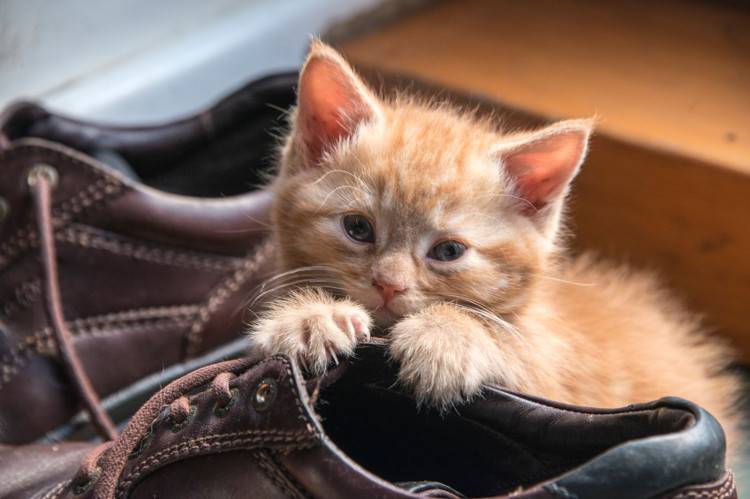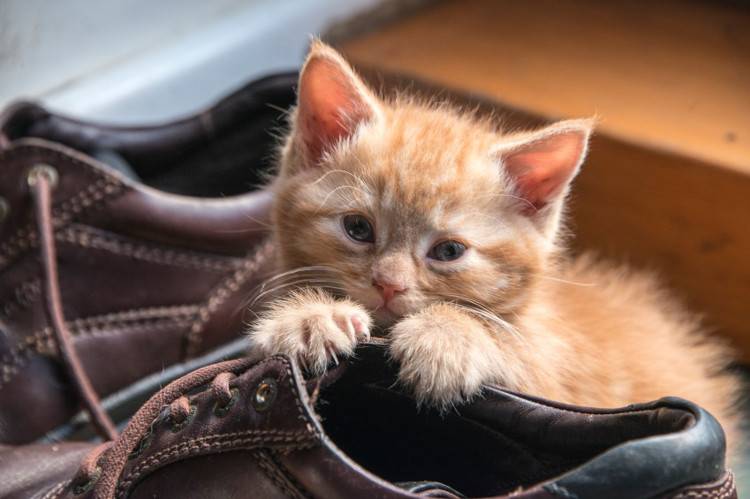Common Hazards in Your Home
By Jennifer Kutcher

A common complaint when pets are brought into a veterinary clinic is abdominal discomfort. Radiographs are taken by the veterinary assistant and it’s amazing how many owners are surprised by what is found. Dogs and cats are remarkable animals. Unfortunately, they aren’t always particular about the types of items they play with and/or eat. Exploratory surgery is expensive and painful for your furry friend. Below are a few typical items dogs and cats enjoy eating and playing with that are hazardous to their health.
Sponges
Exfoliating bath sponges are great for humans, but dogs see them as fun toys to chew. A sponge has all sorts of smells that dogs love. If a dog manages to get at one and eat it, the sponge can come apart and turn into very long, strong strings. The sponge’s material is not digestible and can become a potentially fatal item, lacerating its way through your dog’s intestines. Please keep sponges where your beloved pet cannot reach them.
Rocks
Rocks are everywhere and are impossible to keep away from your pets. Some dogs find them to be enjoyable treats to chew on and swallow. Unfortunately, rocks can cause blockages in a dog’s stomach and intestines. If there are rocks in your yard, put fencing around it, especially if your pet likes to chew on them.
Toys
Toys are a common hazard that dogs like to eat, but you need to keep an eye on your cats as well. Cats have been known to eat anything that has a string attached. As such, small, stringed toys can be dangerous. Think of all the tiny, stringed toys parents get from vending machines. Just as you need to keep such toys away from toddlers and babies, you need to do the same with cats. If your cat chews on shoelaces, she could end up swallowing them.
Clothing
Socks, underwear, bras and nylons are common items that dogs tend to enjoy eating. Shoelaces are also hazardous if they end up stuck in your pet’s intestines.
Assorted Kitchenware
Items used for food, such as skewers, and anything that may have food remnants on them (shish kabob skewers, corncobs, cutlery, etc.) can become potential chew toys or food items to pets.
Prevention
There are several ways you can help prevent your pet from chewing and eating inappropriate items. If inappropriate chewing is a problem, take your pet to the veterinarian for an exam to eliminate any possible health issues. You can also call the veterinary office and discuss your pet’s tendencies—and schedule an exam if needed.
For dogs, consider training them to chew only on designated toys or treats. The more a dog can be taught to chew on the correct items, the less likely he will chew on the wrong ones. Keep your floors and counters free of any items that your pet could potentially eat. And, don’t forget to check your bathroom for hazards as well (floss, toothbrush, sponge, etc.).





